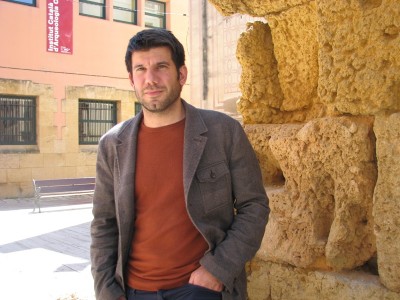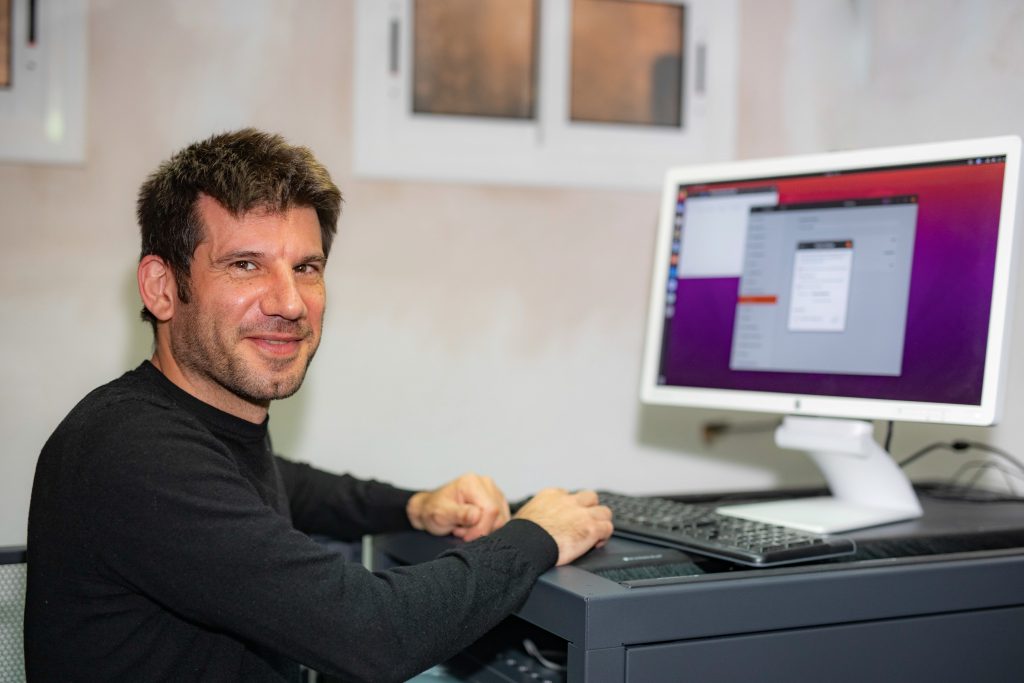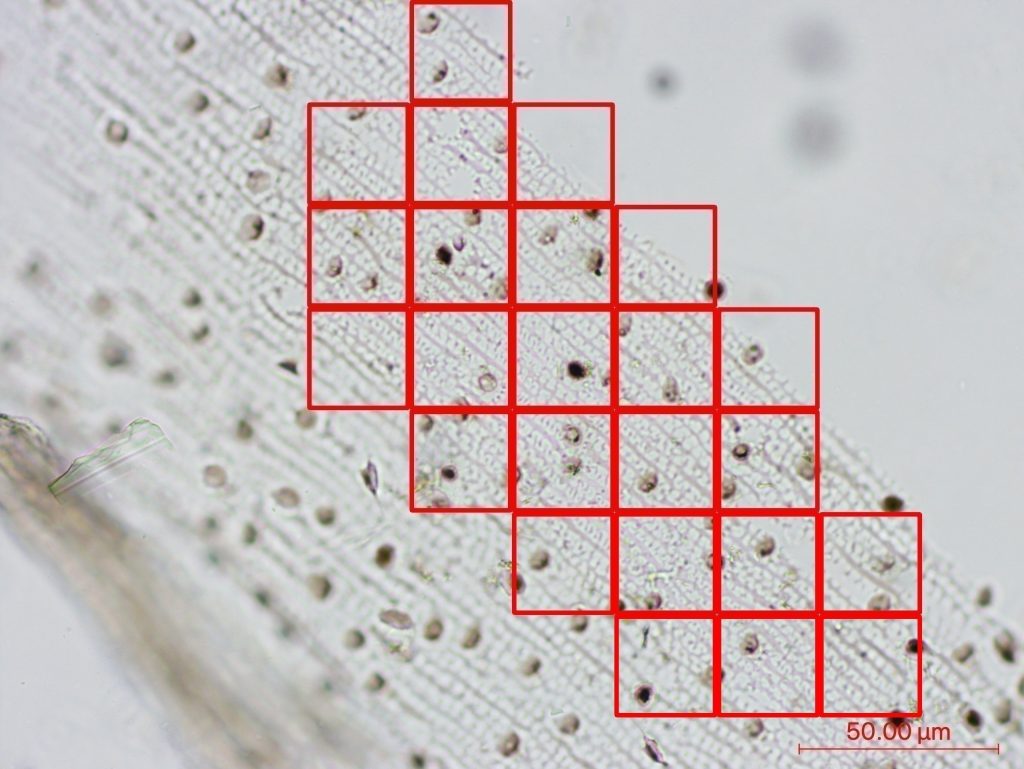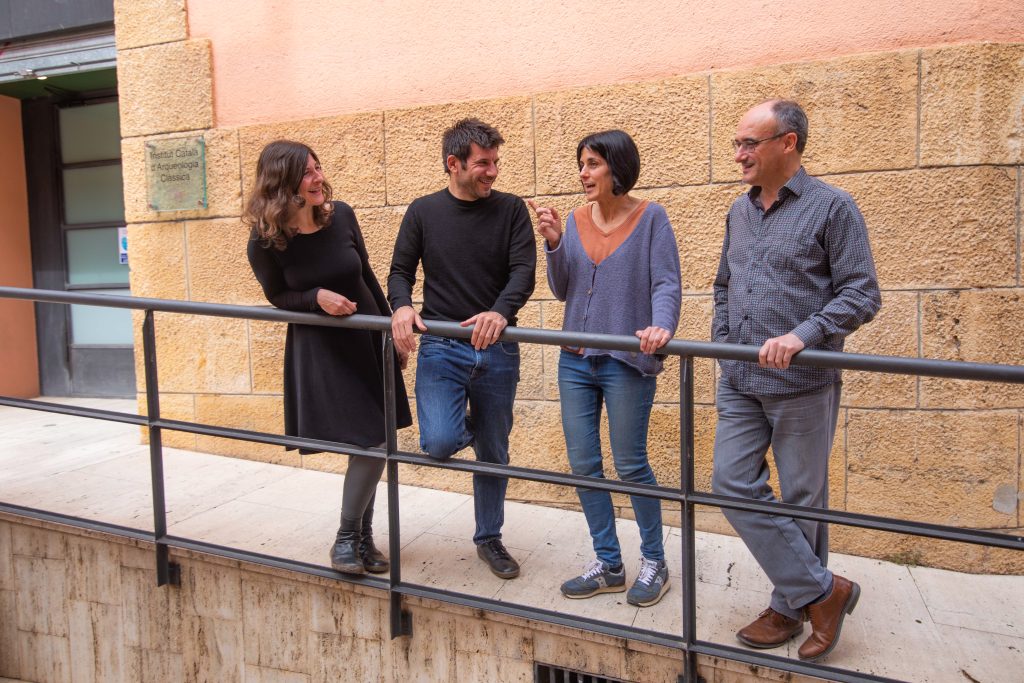
The first of December, Hèctor A. Orengo, previously a Ramón y Cajal researcher at the ICAC, joined the Institute as an ICREA Research Professor, being part of one of the most influential scientific communities in the world.
At the ICAC, he also holds the positions of Co-director of the Landscape Archaeology Research Group (GIAP) and Research Coordinator of ICAC (due to take up this role in January 2023).
ICREA, Catalan Institution for Research and Advanced Studies, is a foundation supported by the Catalan Government and guided by a Board of Trustees. ICREA was created in response to the need to seek new hiring formulas that would make it possible to compete with other research systems on a similar footing by focusing on hiring only the most talented and extraordinary scientists and academics.
ICREA is an institution without walls. It works hand in hand with Catalan universities and research centres to integrate ICREA research professors in the Catalan research system (Source: ICREA).
Prof. Orengo (ICREA-ICAC) is working on landscape archaeology projects in Greece, Spain, India, Pakistan, Morocco, Turkey and Brazil. In this new position he endeavours to build upon his research lines in computational archaeology. These include:
- Large-scale analysis of global patterns of human habitation over space and time
Prof. Orengo is the second ICREA Research Professor at the ICAC, following Prof. Maria Carme Belarte, who is with us since 2010.
During the last years Prof. Orengo’s research has evolved towards large-scale computational approaches using remote sensing methods and machine learning. His work is providing important insights into the development and fall of ancient civilisations that cover very large areas and display complex organisational patterns resulting by a combination of human agency, cultural and environmental factors.
The use of massive datasets have been key in allowing discerning patterns that are invisible otherwise. During the next few years Prof. Orengo (ICREA-ICAC) is planning to expand the scale of analysis to apply continental-scale research in different case studies in the Near and Middle East, Central and South Asia, South America and Europe.

- Development of automatization methods that can significantly boost archaeology’s interpretative potential
By automatising technical tasks Prof. Orengo (ICREA-ICAC) is seeking to (a) increase the scale of analysis to achieve quantitatively solid interpretations while (b) reducing the time and effort necessary for the development of these tasks. The work of Prof. Orengo and his team on automatization not only includes large-scale detection and monitoring of archaeological sites but is also unlocking sources with unique potential for the analysis of human settlement and landscape use.
The ICREA position recognises the impact of his work and consolidates Dr. Orengo as an international reference in the field of Computational Archaeology.
These include the automated identification of material culture in drone imagery, the extraction of human-made landscape features from large-scale historical map series, the automated identification of complex multi-cell phytoliths in microscope slides, and the identification of ancient agricultural regimes using the 3D analysis of seeds’ shape.
Orengo plans to continue working with long-term partners in these projects, such as the Computer Vision Centre (CERCA-UAB) and the McDonald Institute for Archaeological Research (University of Cambridge), while starting new collaborations with world leading institutions, such as the UPF.

- Modelling and analysis of pre-industrial transcontinental movement
Prof. Orengo (ICREA-ICAC) together with colleagues at Cambridge is currently working on the development of new methods for the analysis of large-scale movement. These are significantly more complex to model than regional scale transport as they need to take into account different environmental scenarios and seasonal factors.
Besides other algorithmic innovations, his approach to this task includes the use multiple and seasonality-sensitive cost factors, convolutions to manage proximity-based costs, and probability surfaces that allow the investigation of alternative routes. This research aims to understand connectivity at large scale and how it influenced the origin and distribution of urban centres in the Ancient World.
Since Prof. Orengo arrived to Catalonia he has created a very large team (18 research staff under his supervision), acquired more than 5 million euros in competitive research funds, and is conducting research in 11 countries and 4 continents. His work has both challenged established theories and pioneered innovative methods, which are strongly influencing archaeology.






